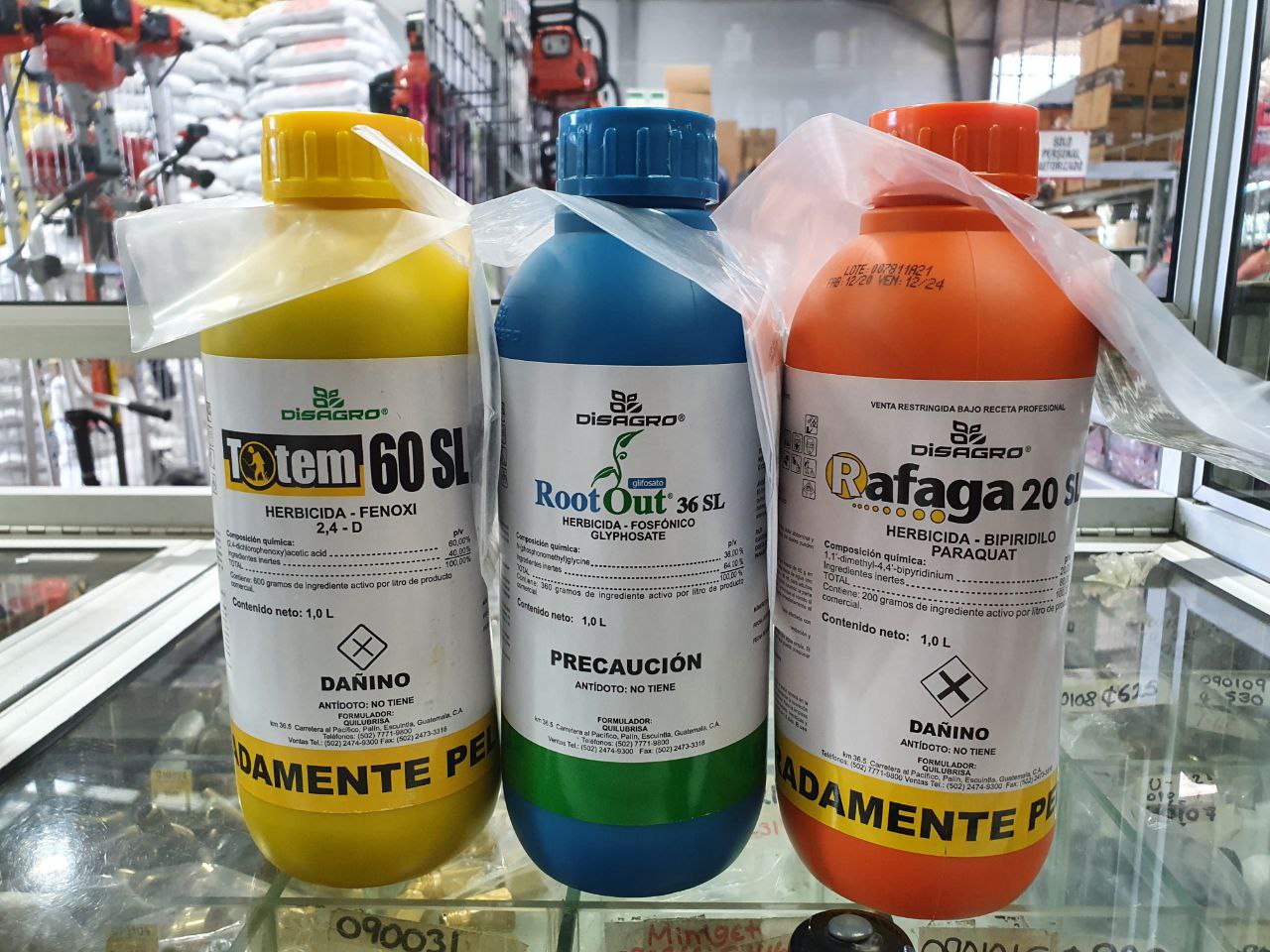Navigation auf uzh.ch
Navigation auf uzh.ch
A new research project analyzes selected global herbicide supply chains linking sites of agricultural use in Latin America with places of production in Asian countries.

Pesticide use has increased at a faster rate than any other global environmental change agent, including atmospheric carbon, over the past two decades (Bernhardt et al. 2017). It is no wonder therefore that pesticides have become a profitable global business. Since 1994, the value of pesticides sold worldwide has doubled to over $60 billion. Following the expiry of patent protection for key pesticides, a booming generic market has emerged, controlled by Chinese and Indian companies. In addition, the use of pesticides has increased particularly sharply in the global South. These are mostly problematic substances that are either banned or their use is severely restricted in the global North. This geographical shift is accompanied by a restructuring of the crop protection industry, which is additionally confronted with pesticide resistance and logistical problems. Little is known about these changes so far.
Combining critical political economy with science and technology studies
Against this background, the project examines (1) how distribution and use have changed in Latin America and the social and environmental challenges associated with this change; (2) how Latin American countries are involved in global production networks in the synthesis and formulation of herbicides; (3) what strategies Asian generic producers are pursuing and what this means for Latin American actors. The project investigates these questions using a mixed method approach that combines instruments of qualitative and quantitative empirical social research. It starts with selected supply chains in Argentina and Costa Rica and traces their individual stages to production companies in China and India.
Theoretically, the project combines concepts of critical political economy with those of science and technology studies. It examines the increasing «South-South dynamics» of globally unequal pesticide markets and provides important insights into questions of international regulation of synthetic agricultural inputs.
Making herbicide markets: Interactions between production restructuring, agriculture and environment in Latin America and Asia
Christian Berndt (Economic Geography, GIUZ) and Marion Werner (SUNY Buffalo)
Funding: Swiss National Science Foundation
Related publication
Werner M, Berndt C and Mansfield B (2022) The Glyphosate Assemblage: Herbicides, Uneven Development, and Chemical Geographies of Ubiquity. Annals of the American Association of Geographers 112(1): 19–35. DOI: 10.1080/24694452.2021.1898322.
Further information
The Generic Herbicide Industry: A Global Production Network Analysis
Project funded by the National Science Foundation (NSF)
Pesticide Trade Lab, University at Buffalo
Christian Berndt
References: Bernhardt ES, Rosi EJ and Gessner MO (2017) Synthetic chemicals as agents of global change. Frontiers in Ecology and the Environment 15(2): 84–90.
Image: María Soledad Castro Vargas
Christian Berndt